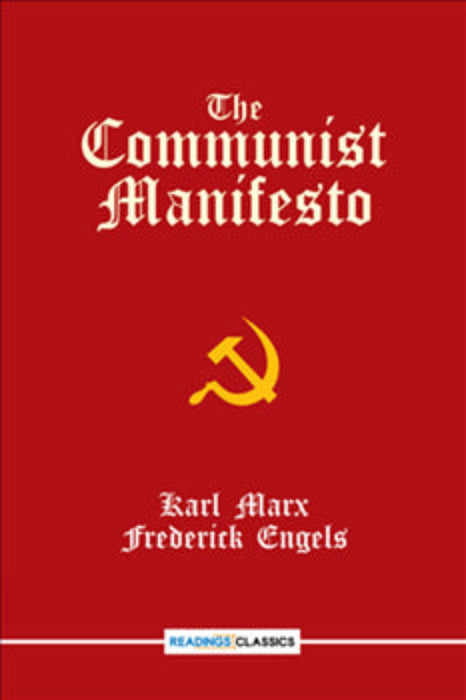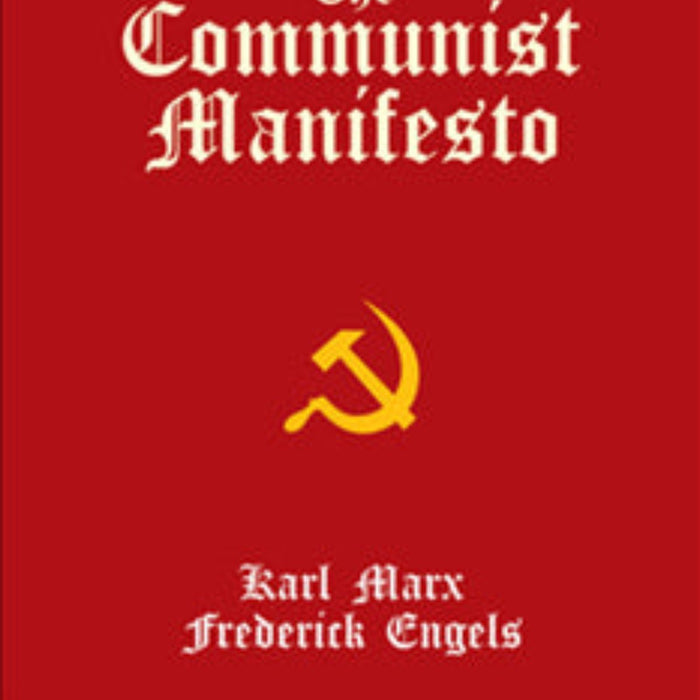The Communist Manifesto (Readings Classics) by Karl Marx
- Publisher: READING CLASSICS
- Availability: In Stock
- SKU: 30285
- ISBN: 9789699903175
- Number of Pages: 58
Rs.250.00
Tags: Annotated Edition , Bourgeoisie , Capitalism Collapse , Capitalism Critique , Communism , Economic Systems , Friedrich Engels , Global Revolution , Historical Impact , Historical Materialism , Industrial Revolution , Karl Marx , Key Marxist Texts. , Labor Rights , Manifesto Analysis , Marxism , Philosophy of Economics , Political Movements , Political Philosophy , Proletariat , Readings Classics , Revolutionary Theory , Socialism , Socialist Literature , The Communist Manifesto , Working Class
The Communist Manifesto (Readings Classics) by Karl Marx and Frederick Engels is a foundational text in the study of political theory and socialism. Written in 1848, this influential pamphlet outlines the principles of communism and critiques the socio-economic conditions of the time. Marx and Engels argue that history is marked by class struggles and that the capitalist system, which exploits the working class (the proletariat) for the benefit of the ruling class (the bourgeoisie), is inherently unstable and unsustainable. The manifesto calls for the unification of workers worldwide to overthrow capitalism and establish a classless society. Its compelling arguments and revolutionary vision have inspired countless movements and continue to shape political discourse today.
Keypoints:
-
Historical Materialism
The text introduces the concept of historical materialism, positing that material conditions and economic factors drive societal change and development. -
Class Struggle
Central to the manifesto is the idea that all of history is characterized by the struggle between different social classes, primarily the bourgeoisie and the proletariat. -
Critique of Capitalism
Marx and Engels provide a thorough critique of capitalism, highlighting its tendency to create inequality, exploitation, and alienation among workers. -
Call for Unity
The manifesto urges workers of the world to unite, emphasizing solidarity among the proletariat as essential for revolutionary change. -
Vision of Communism
It outlines the authors’ vision for a communist society, where private property is abolished, and the means of production are communally owned.
























